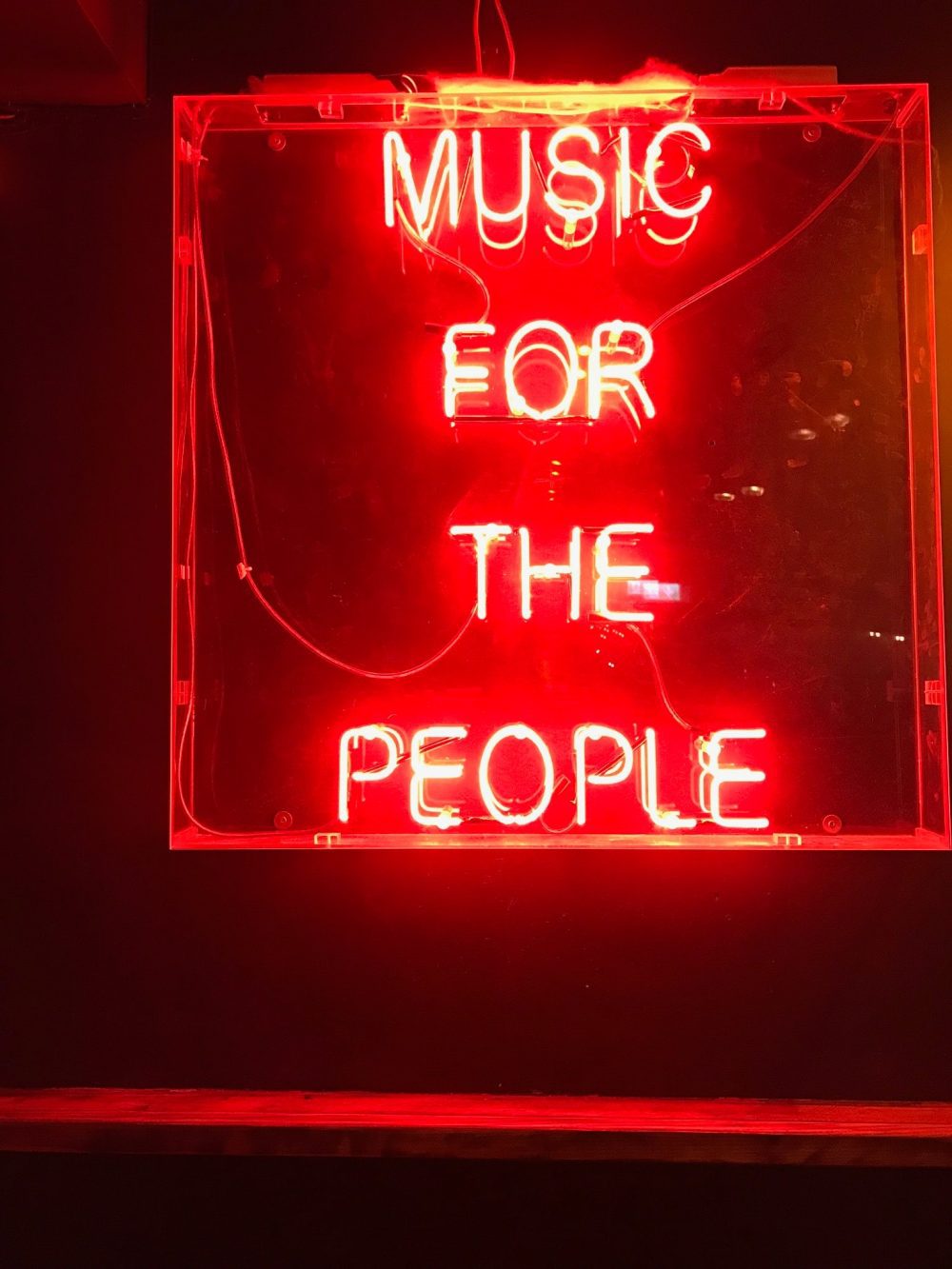Last Updated on March 28, 2025
Many research studies have shown that music can have a powerful and positive impact on our mental health. While music is not the cure to mental health problems, it can certainly help to reduce the risk of developing depression and anxiety, and can open doors to other ways that your mental health could get a boost. Whether you want to learn a new instrument or find some different sounds, let’s consider some of the ways that getting more involved in music could make a positive difference to your mental health and wellbeing.
Music Provides a Form of Release
Finding ways to express emotions is one of the best ways to stay mentally healthy and keep worries and anxieties at bay. Using music as a form of release can help you to express anger, happiness, joy, sadness, and many other emotions.
One of the ways you can become more involved in music is by trying to compose your own musical pieces. By creating unique pieces of musical art, you could feel a stronger sense of achievement while expressing your creativity in a different way.
Music Brings Opportunities to Connect with Others
Through musical bands, groups, and orchestras, people can connect with one another over a common interest. While working alone with your instrument can be very enjoyable, working with other musicians is a chance to include extra social time in your life while getting inspiration from others too.
Hiring a recording studio in Houston like Pirate is just one of the ways you can find a space to meet and collaborate with others on a regular basis. Having access 24 hours a day to a recording studio can make it much easier to stay on track with your new musical hobby while trying out professional recording equipment and making music as a group.
Music Can Help You to De-Stress
Music can help to relieve stress in a variety of ways. Playing music can give you the space to take your mind off other things and focus on your music for a short time. Listening to classical music and other relaxing genres can help to bring your body and mind into a calmer state.
The calming effect of music is the reason why it is so commonly used for massages, meditation, and yoga. As well as helping to relax your mind, music can encourage your muscles to relax too – helping you to get the most out of your soothing sessions.
Music Can Motivate You

Listening to uplifting and encouraging music can help to motivate you. People often report feeling more energetic after listening to some of their favorite tunes, or ready to take on an exam or other challenge after listening to uplifting tracks.
It’s easy to see how music motivates us when you look at how popular it is as an addition to exercise. It is one of the most common ways that people keep themselves going while in the gym or during marathons, triathlons, races, and other sporting challenges.
Music Can Encourage Better Quality Sleep
Playing an instrument and making music in the evening can help you to wind down more easily and drift off to sleep better. Similarly, listening to relaxing music before going to bed or while trying to fall asleep can promote deeper and better-quality sleep throughout the night.
Sleep music is a popular genre on its own, with tracks and playlists streamed and downloaded by millions of people around the world to help them fall asleep easier. By sleeping better, you will be at less risk of developing mental health problems. Better quality sleep will also help you to feel less angry or anxious the next day and will reduce the need for caffeine – an ingredient which can increase anxiety further.
Music Can Bring a Sense of Achievement
Learning a new instrument, getting involved in a band, creating a new song, or listening to a new album can help you to feel a stronger sense of achievement. If you like music and want to get more involved in it, you can start having music lessons or look online to find tutorials and tips.
There are also a wide range of exams to take when studying a musical instrument, giving you qualifications and certificates that will last your whole life. It’s important to take things at your own pace to avoid becoming overwhelmed or stressed, which can negatively impact your mental health rather than helping to boost it.
Music Lessons Can Give You a Mentor
Getting involved in a musical group or band is one way to increase your social activities and meet new people. But taking music lessons or classes can also offer social activities as well as giving you a mentor to guide you through your journey. Working with a professional to help you learn music can help you to stay on track and get positive feedback from one week to the next. This can help you stay motivated and engaged while maintaining a positive sense of satisfaction and achievement.
Music Can Reduce Feelings of Pain
Music is known to take our minds off some of the more difficult things in life. Music is often used for patients in hospitals to reduce feelings of pains and aches. It can take the mind onto something else, shifting some of the focus away from the pain or other problems. Physical pain can seriously impact mental health too, which is why finding ways to cope with physical pain can in turn reduce the risk of developing mental health problems.
Including more music in your life can give your mental health a boost and help to take the focus away from any physical pain you are suffering too. It’s important that you find ways to make music work for you. Playing a musical instrument can open doors to meet new people, find mentors, and boost your self-confidence and skills, while listening to music can help increase motivation and happiness levels and improve your sleep quality and moments of relaxation.
Meet Kourtney, a writer specializing in sex and relationships. Known for her honest and insightful approach, she explores themes of intimacy and personal growth. Her work combines personal anecdotes, expert opinions, and practical advice, helping readers navigate the complexities of modern relationships and embrace their desires. Kourtney's writing serves as a guide for those seeking authentic and fulfilling connections.
- This author does not have any more posts.


